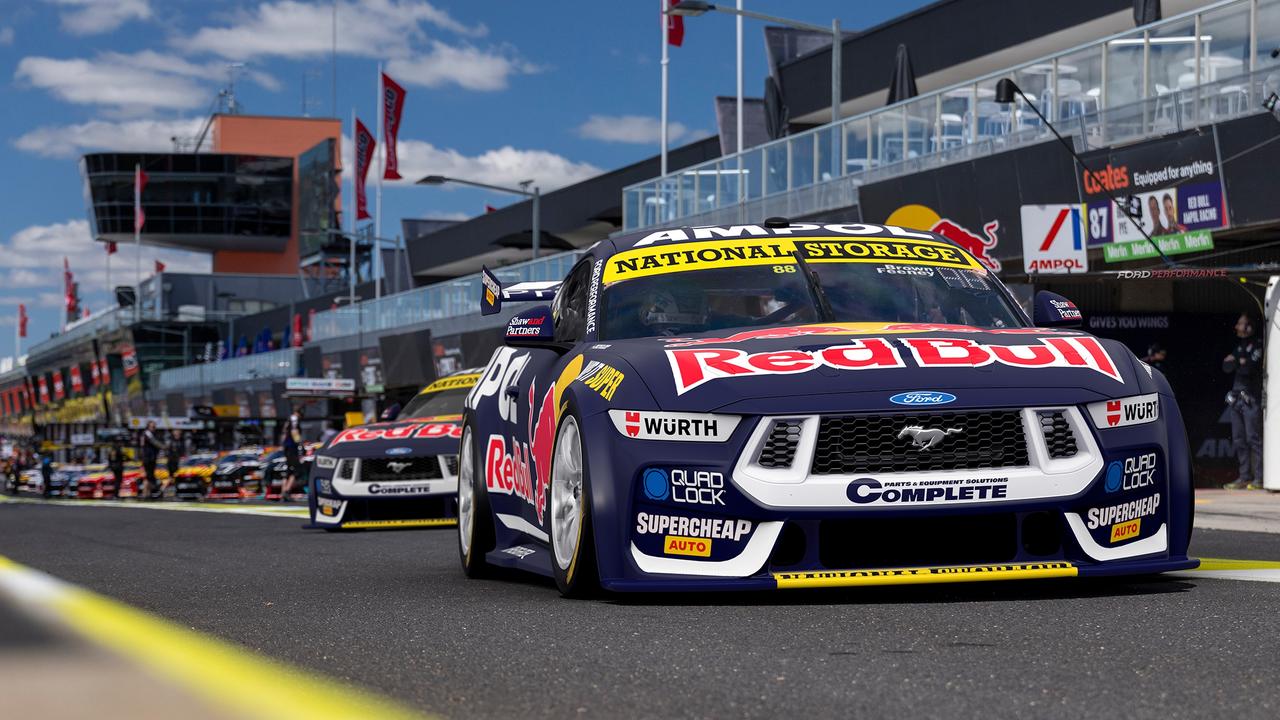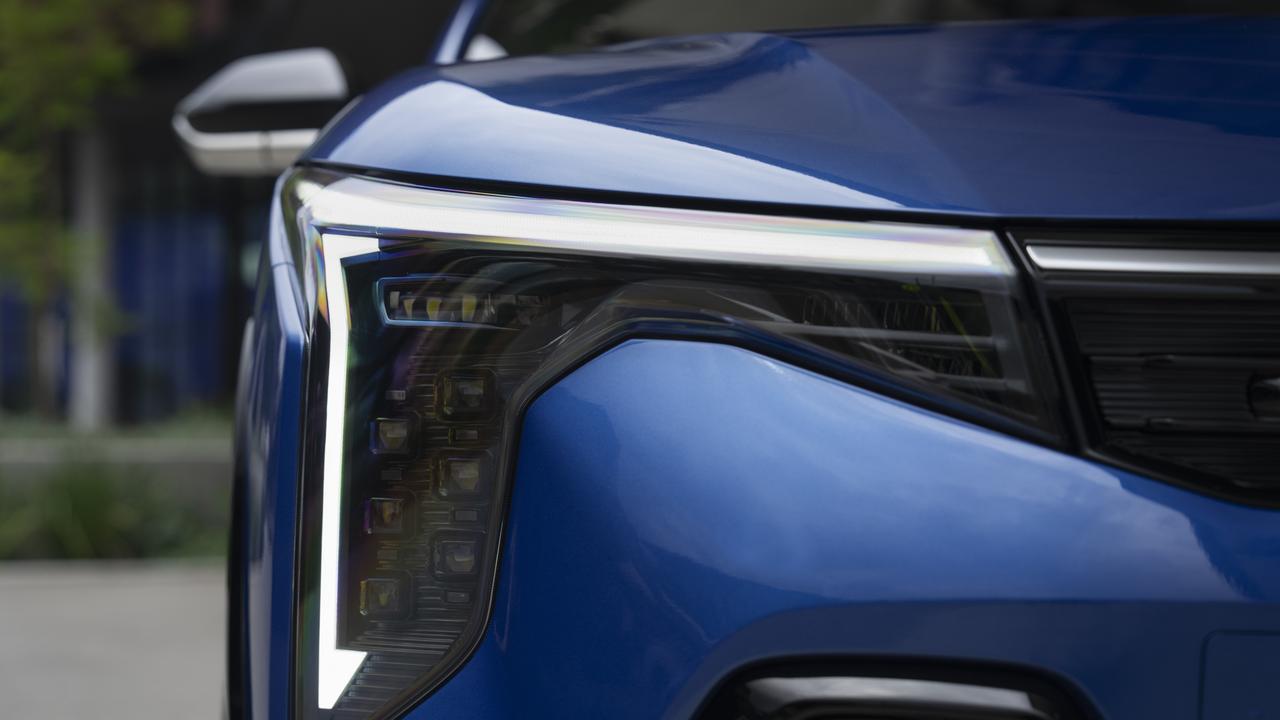Iconic car brands that could die in Australia under new rules
The proposed New Vehicle Emissions Scheme will disproportionately advantage certain car makers, and could have disastrous effects on some Aussie favourites. See which brands are at risk.
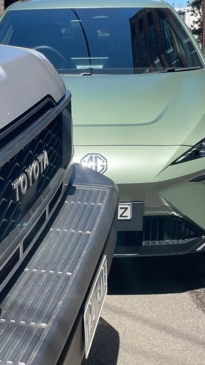
Chinese car brands are the big winners from the government’s tough proposed vehicle emission laws, while some of Australia’s favourite car brands will struggle to survive, automotive experts predict.
Leading industry figures believe that brands that have too many utes and large SUVs in their range will find it difficult to remain competitive, while those who sell Chinese-built electric cars are in line for a huge cash bonanza.
Under Labor’s proposal, which aims for a 60 per cent reduction in vehicle emissions over the next five years, heavy penalties will imposed on car makers whose vehicles don’t meet emissions standards.
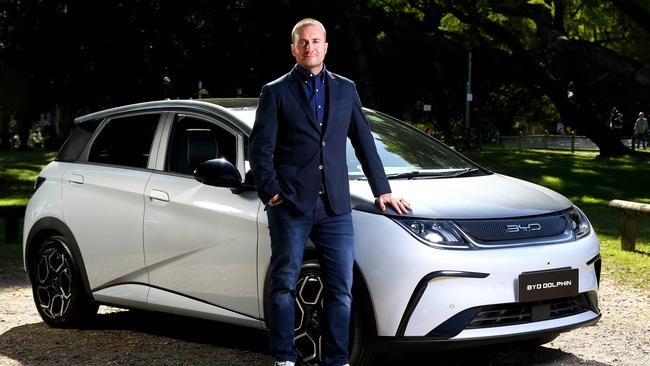
The Federal Chamber of Automotive Industries claimed this week that utes such as the top-selling Ford Ranger could attract penalties of up to $17,950 by 2029 if they didn’t improve their emissions.
They will be able to offset those penalties by buying carbon credits from EV makers such as Tesla, Polestar, BYD, Great Wall Motors and MG. Industry insiders say the credits could be worth $6000 per vehicle to the EV makers. Credits are likely to be sold for about 40 per cent of the value of the fines.
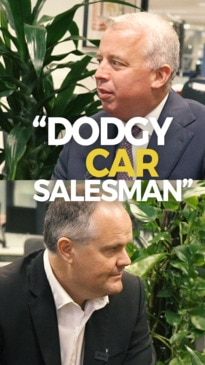
A leading multi-franchise car dealer, who declined to be named for fear of repercussions, said top 10 brands such as Mazda, Ford and Isuzu would be hardest hit by the proposed changes.
“There are a number of brands that are very worried,” he said.
“There are people like us who run franchises who are quite anxious about where it’s going to end up. We wouldn’t buy a Mazda dealership at the moment. We wouldn’t buy an Isuzu dealership at the moment.”
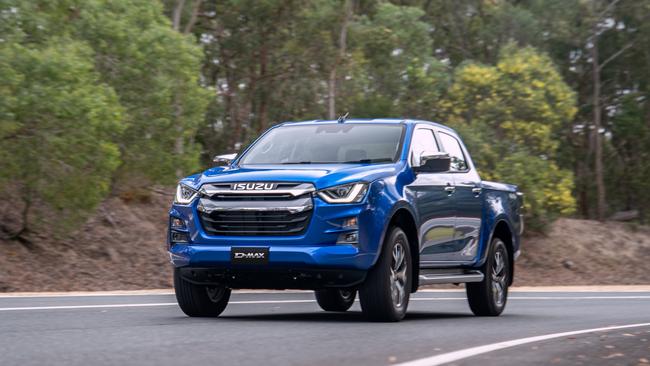
Ford was another brand dealers would be likely to avoid.
“They’ve got big heavy cars. They are going to get penalised in this process. Ford really don’t have too much in the way of electric and hybrid cars coming. There are some franchises that are going to struggle. It’s hard to see it going any other way unless they are more sensible in the roll out of the plan,” he said.
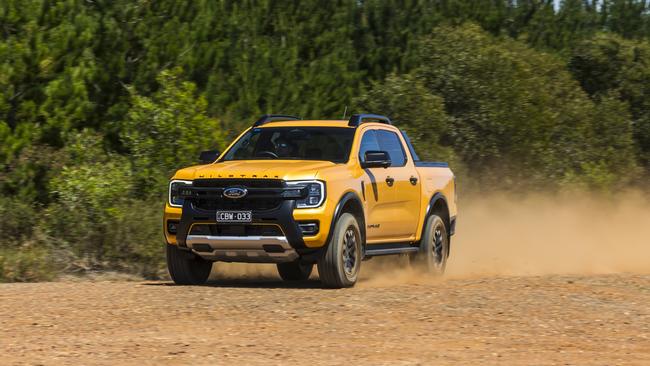
Australian Automotive Dealers Association chief executive James Voortman echoed those concerns.
“We’re particularly concerned for those brands that have a high proportion of utes and SUVs but no electric products to offset the emissions from those vehicles,” he said.
“Any dealer selling large numbers of utes and SUVs should be seriously concerned as those vehicles will struggle to achieve the standard.
“The big winners will be those brands who sell only electric vehicles. The Chinese are currently the leaders in electric products being sold in Australia, but equally there are Chinese brands selling utes and SUVs who might not welcome it,” he said.
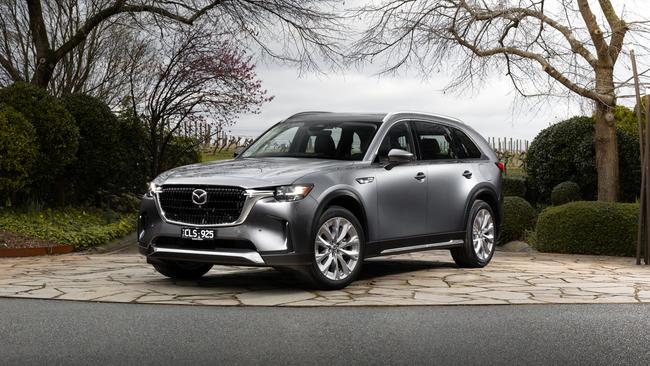
Federal Chamber of Automotive Industries chief executive Tony Weber said the regulations would reshape the car market.
“If the government position is legislated the market will look very different in 2025,” he said.
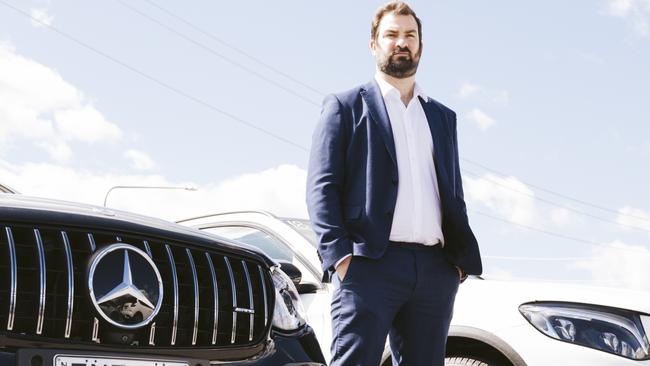
He said there “comes a point in time where the car companies cannot afford to absorb the penalties. The cost pressure that’s going to go into the system is going to make the market very tricky”.
A Mazda spokesman said the company shared the government’s goal of reducing emissions but wanted “a realistic transition via a suitable fuel efficiency standard that encourages consumers to consider low or zero carbon emitting technologies”.
He said that by 2030, all Mazda products would have some sort of electrification, while a quarter would be fully electric.
Originally published as Iconic car brands that could die in Australia under new rules




